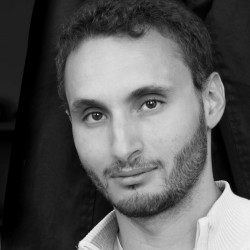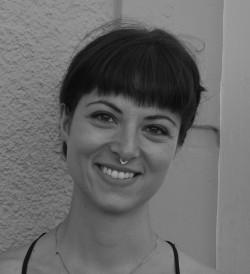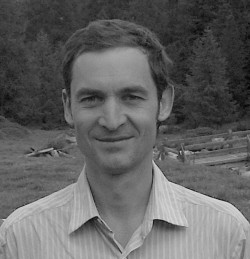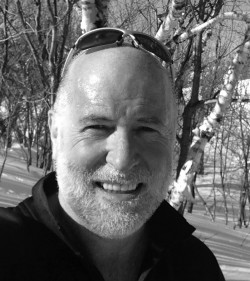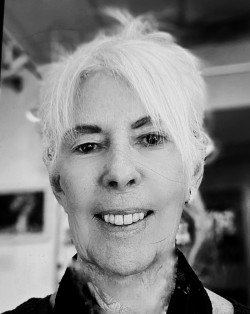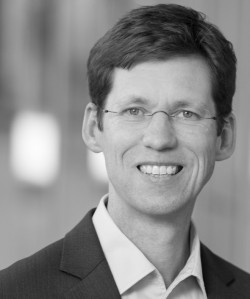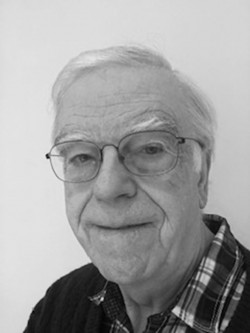My name is Barbara V Jones and I am from New York City.
I received my Bachelor’s Degree in Education and English Literature at St John’s University in New York City.
I furthered my education as a graduate student in cultural anthropology, archeology
and art history at SUNY Stony Brook. In addition to historic research / writing I participated in archeological field studies at several indigenous population sites in
New York State.
I taught middle school in New York City for more than twenty years. Along with a team of educators we developed a curriculum which focused on “Arts in Education” and “Hands – on Science”. We modeled our approach to teaching on the Forest School Theory in which learning takes place in the changing and evolving natural environment.
Currently I work as a professional in the visual arts: painter, mosaicist, photographer.
I am a member of the B J Spoke Gallery which is an artist-owned co-op, Huntington Arts Council, Guild Hall in East Hampton, New York, the Brooklyn Waterfront
Artist Coalition.
Community activism:
I am a member of the Coindre Hall Community, Centerport Harbor Association.
and the City Island Oyster Reef Project. We work alongside marine scientists to
improve the environment and to enrich the biodiversity in the waters surrounding NYC.
